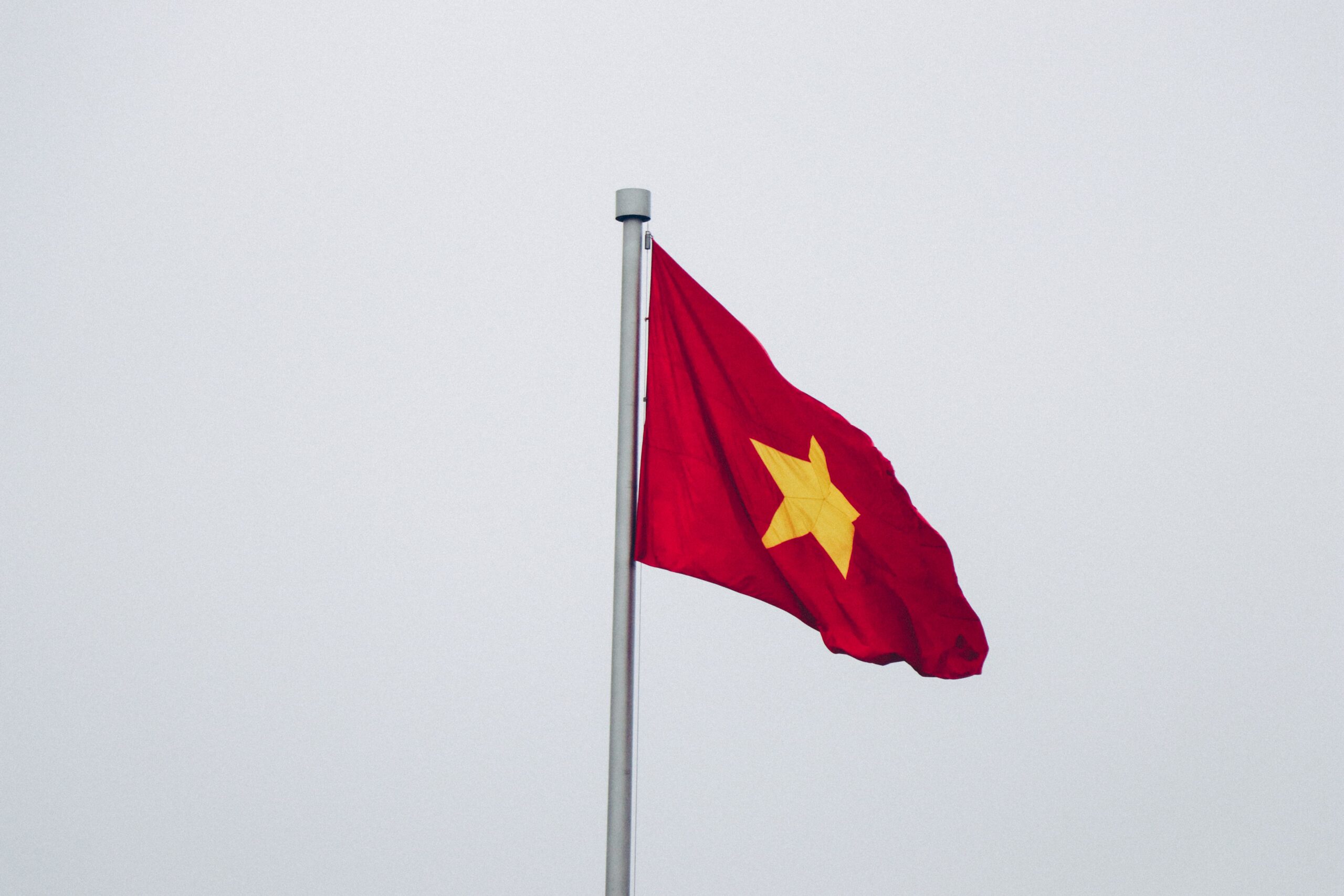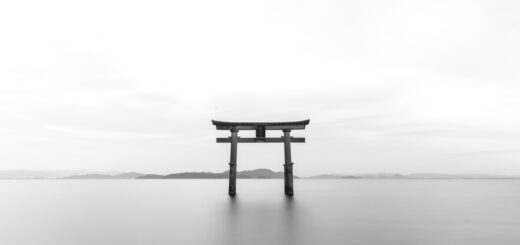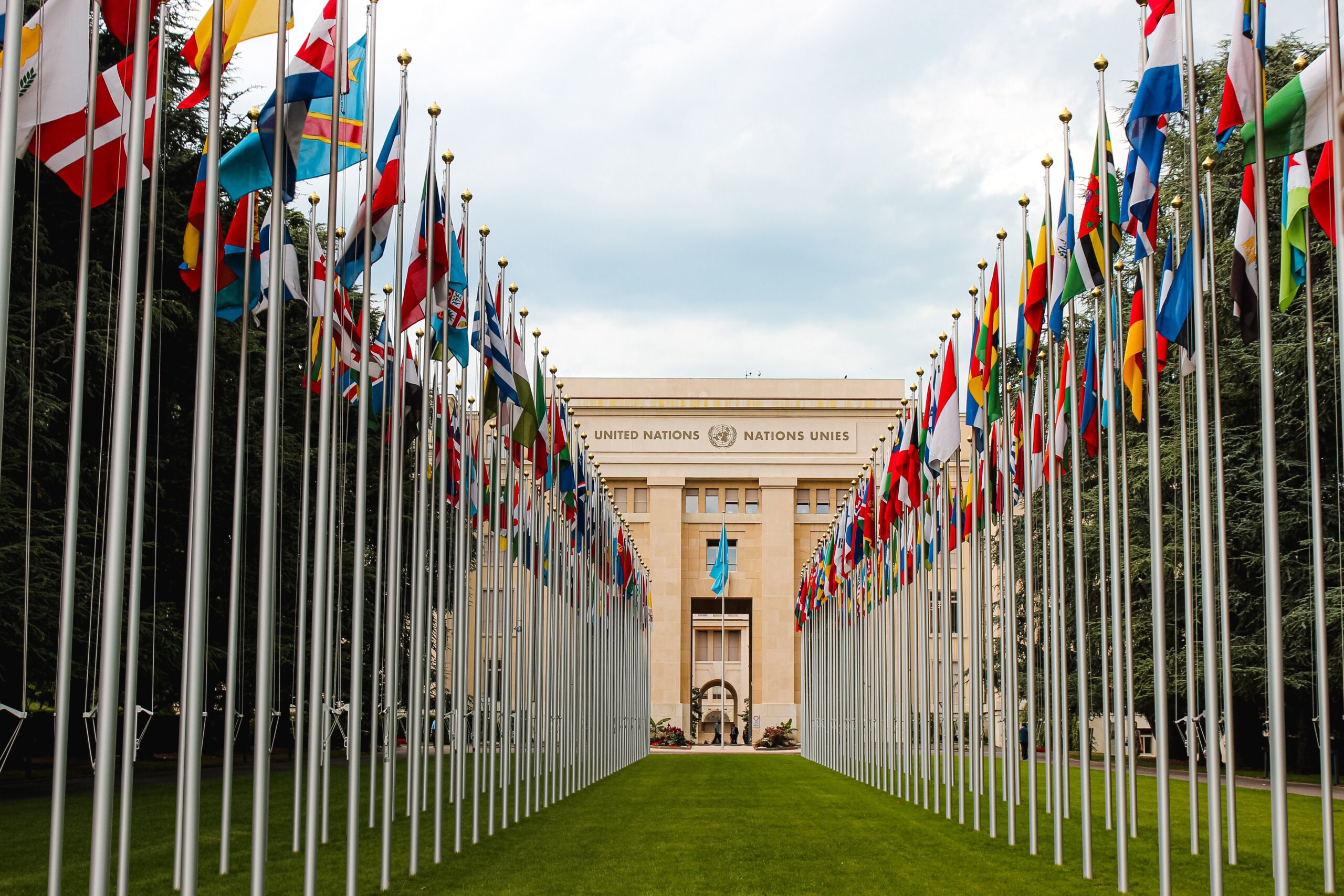The “Mockingjay” of Social Media? “The Hunger Games” (Part III)

I AM THINKING OF DELETING MY FACEBOOK ACCOUNT!
This is the last instalment of my three-part blog series about content/digital creators on social media platforms. My decision to publish this has been delayed due to the fact that I am mulling over my decision to say goodbye to Facebook. For good.
But before I share with you my personal reasons for doing so, let us talk about being so-called internet “content/digital creators”, and the tremendous risks they are facing. Majority of them, I suspect, do not even know those risks.
Meta’s changes are coming soon
On October 6, 2023, for example, Meta’s revised Content Monetization Terms is going to take effect. This means it is getting harder to reach and maintain the monetization qualification for creators. But this is just one of those many “changes” in the rules.
And these ever-changing and confusing revisions are now causing more mental havoc to both newbies and “veterans” alike. Content/digital creators have realized more than ever that they are at the very mercy of these tech giants. Duh!
With all their hard work and life-altering efforts to gain the attention of the algorithm, arbitrarily changing rules feels like mocking them. And social media platforms do not really care. They are not bound by any sense of democracy. “Our way, or the highway.” You do not like the rules, then quit The Hunger Games. It is all numbers game, after all.
What about me?
But why am I in it myself? Why am I into YouTube? Into Facebook’s IG and Reels? Even blogging (what you are reading right now) is at the mercy of Google’s algorithm.
Years before The Hunger Games

Before there was Facebook and YouTube, there was MySpace (Myspace today). After it was launched on August 1, 2003, it soon became the first social networking to reach a global audience. However, despite its soaring popularity I never saw the need to hop on the bandwagon. To me it was only for youngsters.
Then Facebook officially launched on February 4, 2004, and it did not take long for it to overtake MySpace, in terms of the number of global active users. Still, it never attracted my interest.
A year later YouTube was officially launched (February 14, 2005). This time it got my attention. I started to enjoy watching short videos of cats and dogs. It was my first winter in California, and the frigid cold made sure I spent more time in the warmth of my room. YouTube was a novel escape while indoor most times.
How did it start?
There was one word that would define social media at that time: ENTERTAINMENT! People got reconnected with each other. Animal lovers introduced their pets to the whole world. Hobbies and interests were shared. Suddenly the global village was filled with excitement and thrill.
The Hunger Games begins
Then came the word “monetization”. It was the start of “The Hunger Games.” What used to be shared freely was now a commodity. Because …why not? Now it is no longer enough that you are a “user”, you can be a creator. Sure enough, thousands – if not hundreds of thousands – became rich and famous. Welcome to the world of social media influencers.
Billions of dollars are there for the taking
In 2021 it was estimated that the social media global influencer market was worth a staggering $13.8billion (US). This was boosted by the fact that big businesses have realized that advertising on social media was a gold mine. They could reach more consumers. The U.S. is now the largest advertising market in the world. Its business industry is expected to spend around $250 billion for ads between 2020 and 2025 alone. And approximately $153 billion of that goes to internet media.
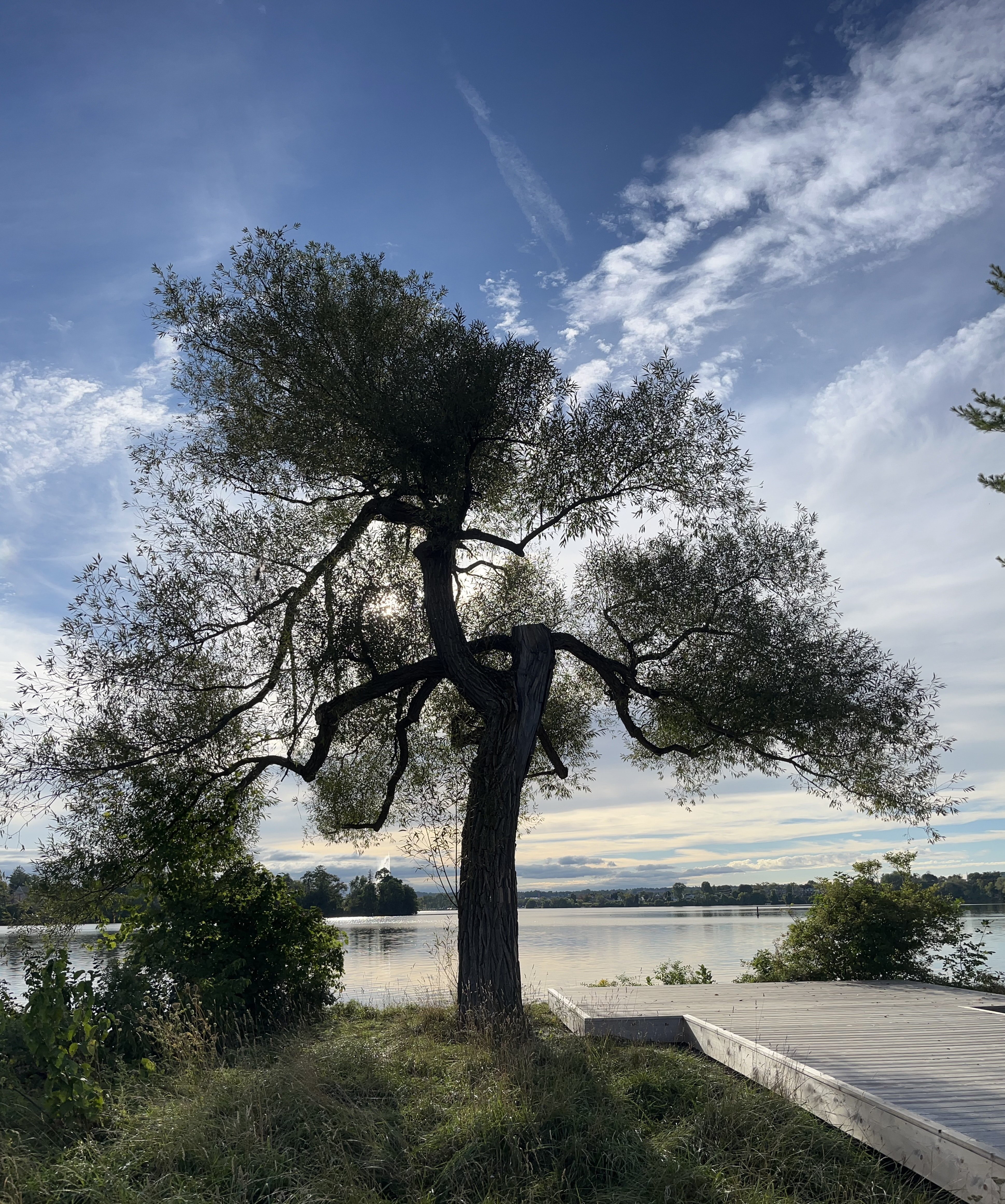
It is no wonder that, according to a UK poll in 2019, children would dream of becoming “YouTubers than astronauts.” And when the global Covid19 pandemic came, everybody retreated to their respective solitary confinement. However, by accident or intent, many found a side hustle. And the gig economy rose exponentially. According to the latest poll, 40% of Americans are engaged in some form of a side hustle. Online. Many on social media platforms.
The downside of being content/digital creators
Meta’s arbitrary imposition of rules and terms mirrors that of the rest of the tech giants that also sponsor The Hunger Games on their own platforms. And creators cannot do anything about it.
For the tech giants, it is all about numbers. Their company’s valuation in the market is primarily based on the hard number of monthly active users. Creators are used to help them drive more traffic from users/audience.
This does not mean creators are naïve or ignorant about being used by social media companies. As I mentioned, they (or we) are willing participants/tributes.
An ugly culture is emerging
With the emerging popularity of “monetization”, a new culture has emerged among creators themselves. And they are getting nastier by the hour.
Greed. The race to reach as many subscribers, likes, views, etc. as possible is never ending. After reaching a million, what is the limit? None. Maybe it only stops when the creator loses their minds, or dead by suicide.
And this drive is enabled by the social media platforms, offering creators with badges, levels, etc. And the constant urging to create more!
Selfishness. You like me, I like you. Otherwise, I do not like you. You subscribe, I subscribe. You view, I view. No wonder, if you join a group you are reminded, “You are expected to give more than you take in this room.” It is because creators just want to post/promote their creations, but too busy to even take a look at the other’s work.
The host platform could just use AI to limit this. But, no, they leave creators to fight among themselves. Survive The Hunger Games!
Dishonesty. Many creators are doing anything to rig the system. As if they are better than, say, Meta. They try to play the games. For example, creators in the US would pay their contacts and “friends” in other countries to subscribe and follow their reels and shorts, and videos. In return, they pay them with their local currencies. But those in the US are paid by the platforms in dollars, those outside are not. And both parties are okay with that. The Hunger Games.
There are so many examples how creators are trying to cheat. No wonder the tech companies keep catching up. And with the help of AI, they are mostly successful.

What to remember to survive The Hunger Games
However, there are creators who have not forgotten their “roots”. They religiously follow the rules. They value their creations so much, and the monetization has eased their financial needs somewhat. With the rising cost of living, monetization is very welcome.
So, how to survive The Hunger Games? By any measure, I am not an expert, very, very far from that, when it comes to social media. What I say here are just my own experiences, observations, and feedback shared to me by the “veterans”.
Before we lose our sanity, I believe the following reminders are important
One, remember that all this started with a simple sharing of hobbies, interests, and talents and skills. This means one thing: enjoyment.
It is normal for people to work the “normal” 9 – 5 employments. And, maybe, most of them are not really happy with their work. But they have no choice, they need the money.
It can also be said of internet creators, you do not really enjoy losing sleep and energy trying to create interesting reels and shorts. But you are compensated. So, it’s okay.
BUT, consider how much you are getting paid and compare that to what has been deteriorating in your physical, mental, and social health?
For example, I just heard from a friend who has been “reeling” for a number of years now. As a fulltime mom of two, she enjoyed creating reels consistently, and the $200 or more a month she received was a decent money. Until Meta changed some rules. She sent me the screenshot of her last “payment”. From $200 or so, the figure drastically dropped to a mere $8.97! That was a shocker. But I told her to continue doing it, as long as she still enjoys doing it, AND not lose any sleep over it.

Enjoyment. Now that I have experimented with my own YouTube and Facebook accounts, I promise myself to never forget this one important word. I have no plan to monetize. It is just my simple joy to want to share what I see and experience, especially about animals and nature. I promise you, once I do not find any enjoyment doing this, my accounts would just go dark. My followers and subscribers surely would not miss me.
Two, do not nurture any deep hatred toward your own followers and subscribers just because your Analytics would show that the higher percentage of your views come from non-subscribers.
Heck, not all of my own family and friends have subscribed to my YouTube channel. Or follow my Facebook page. Many of them do not even read my blog posts. (Yes, this one you are reading right now.) Different people, different taste. Some love short clips, others are interested in longer videos. Some are passionate about reading, others hate it.
What I discovered
One more surprising discovery I made. After I created my Facebook and YouTube accounts, I noticed that many of my readers and subscribers in this blog have not followed me there. I took a sample survey and asked them if they followed me and watched my reels and shorts, majority do not. And they offered a number of reasons: they are not into videos, period. They prefer some quiet time and read, and digest things. However, a great number of them offered a stark reason: they are scared to enter the world of Meta and YouTube. Some of their fears come from real and true experience, others are from what they heard from trusted family and friends.
And I totally understand it. Majority of people are still not fully into social media. Maybe some are into Facebook, but not YouTube or Instagram or whatever. I have a very close friend who, after I told her I created a YouTube account, said to me that she was too busy with work and kids that as much as she was interested to see my videos there was no way to do it.
She was sincerely apologetic, I had to tell her that my YouTube video was just for fun, and she did not have to feel guilty about it.
Three, do not make it personal. I heard (and see videos) of creators cursing – yes, they do – the platform that hosts their accounts. They are complaining that the rules keep changing, and some of their videos are being flagged for a number of reasons – copyrights, etc. – without further explanation. But that is just the way it is.
Monetization is now business. That means it is nothing personal. To Meta and YouTube, we creators are just numbers. Or tributes to The Hunger Games. They are not charitable organizations. Everything is purely business.
Four, check, and double-check your envy. Be realistic, too. This means do not be deceived by images of those creators who generate millions of followers and hundreds of millions of views. For all you know, they invest a lot of resources and manpower to reach and maintain that level. They have hi-tech tools at their disposal. They are “professionals”, to put it simply.
If you work alone, or having a full-time job, do not even think of imitating them. How can you compete with them if, say, you live in a country with limited (therefore) expensive internet services? Or you are just relying on your humble smart phones, compared to their latest gadgets? And how much quality do your videos get if you can only devote a few hours a day – after those tiresome long hours at work?
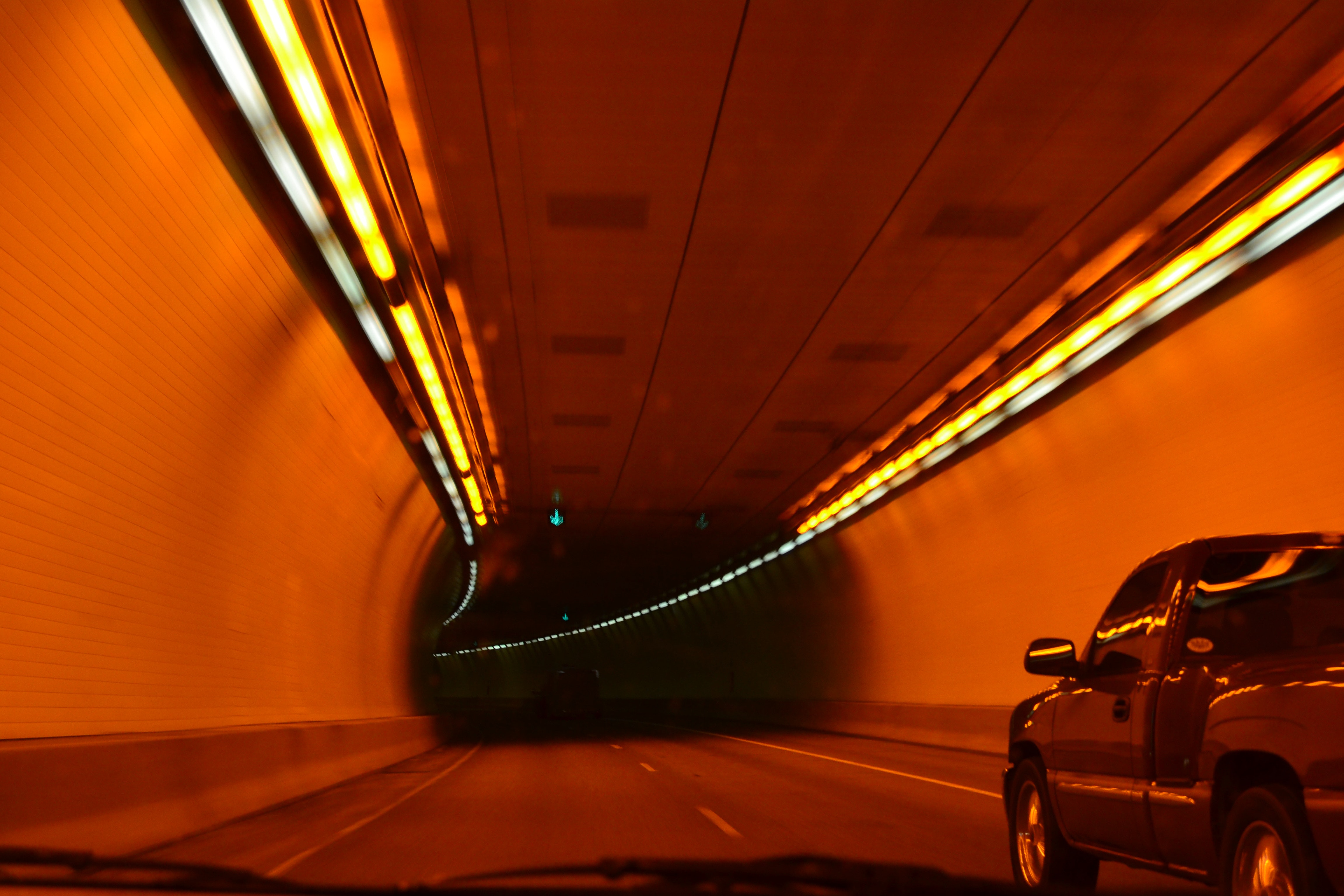
So, what now?
So let us acknowledge our limitations. Unless you want to become a full-time creator. But, again, do not forget my examples of people who came before us and who regretted becoming creators.
These are the ones who fortunately have survived to tell their stories. Many of them went dark – figuratively and literally – and disappeared into oblivion.
Remember also, Meta and YouTube do not pay for your medical bills as you battle depression, burn-out, and other cardio diseases. Nor do they send flowers at your wake or funeral.
Mockingjay
The third and final book of The Hunger Games series is titled Mockingjay. It was released August 24, 2012. The rebellion is in full swing, with the main protagonist, Katniss Everdeen, agreeing to be the Mockingjay. It is the symbol of the rebellion.
The rebels would win. And peace would come back all over the land. Katniss and Peeta (another protagonist) have gotten married. They eventually have produced two kids. The nation and each citizen have made a vow that there would never be any The Hunger Games ever again.
Yet, below the surface remains the scar of their violent experience in The Hunger Games. They try to live normal lives, while healing from their PTSD (Post Traumatic Stress Disorder).
This last part of my “The Hunger Games” blog series serves to be “Mockingjay”, a symbol of content/digital creators making sure their sanity remains intact while still in “The Hunger Games” on social media platforms.
We are the willing tributes to The Hunger Games sponsored by the likes of Meta and YouTube (Alphabet). It is my hope, like Katniss and Peeta, there would be a “they live happily ever after” for us.
Meanwhile…
On my part, I continue posting my YouTube videos, because I love to share interesting things, especially animals and nature found in Canada.
I may linger a little more with Facebook. There are interesting things too in there.
I do not dream of being a full participant/tribute in The Hunger Games. And I try to be realistic. I do not have the time and energy to aspire for the monetization.
When you monetize, you are to follow so many stricter rules. And I want to enjoy some freedom to express my little talent in making videos, without the risk of getting flagged.
It is my great passion
And I can see myself continuing to do for a long time, what I love the most: blogging. This is my main passion, writing. I write about anything that inspires me. I post whenever convenient for me. No pressure at all.
When a mentor of mine encouraged me to apply for monetization for my blog – Turtle(S)Pace – because the number of my readership and subscribers have qualified me a couple of months ago, I was hesitant. For the same reason about reels and shorts. Once I monetize my blog, there would be a lot of pressure. I would have to follow and observe rules related to advertising.
I used to subscribe and follow some blog sites. At first, I enjoyed reading their posts. And then something changed, upon monetization their pages became so annoying – so many ads popping up and down, side to side. I stopped following those sites. Part of it is due to greed.
There is no more concern about how the readers feel about the chaotic appearance of their pages. And they complain that their readership keeps declining.
In my next blog post on Meta and YouTube, I will share with you why I am thinking of deleting my Facebook account. It is not because I am feeling tired of making posts and videos. The reason is scarier than that.
As I keep mentioning, with the advent of a more advanced AI, things on social media are not the same a few years ago. Or last year. Or yesterday.
Good luck to all content/digital creators. Or the tributes.
What do you think of this post? Please share your thoughts by clicking on the Let Me Know Your Thoughts below.

